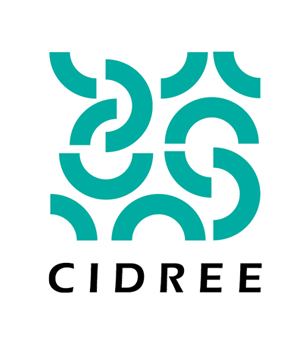
Yearbook 2014
From Political Decisions to Change in the Classroom:
Successful Implementation of Education Policy
Edited by Frode Nyhamn and Therese N. Hopfenbeck
In this book, we present articles from actual implementation initiatives in ten different European countries. The book represents an opportunity to identify the strategies we use, why we use them, and if there is something in our experience that should make us reconsider these strategies. The CIDREE Yearbook of 2013 discussed different policy positions regarding curriculum development, in particular the shifting balance between input/output regulations versus deregulation. This CIDREE book of last year also touched upon the topic of implementation, for example by stressing the importance of both securing a clear sense of direction, and at the same time creating a space for local initiative and innovation. These, sometimes paradoxical, perspectives are also present in the yearbook of 2014. In this book however, we move closer to the actual processes of transformation, and how these general perspectives are handled in some specific change processes.
There is a considerable interest in the issue of implementation these days. The project Governing Complex Educations Systems (CERI/OECD) has for example produced several reports focusing on effective government from the national and local level, on effective multi-level governance, and on the importance of understanding the complexity of education governance. In this book, we also acknowledge the complexity of implementation of education policy. Not only will policy processes differ from one country to another based upon the history, context, governing structure and culture (Hopmann 1999), but they will also depend upon which implementation strategies the different actors have decided to use. It is well known from the literature that teachers need to be seen as important and active actors in any implementation of education reform, to make real changes in the classroom (Berryhill et al. 2009). If teachers are left out, and do not understand the policy processes involved, it is more likely that the implementation will fail.
The articles in the CIDREE-yearbook of 2014 present some general learning points based on the experiences of the CIDREE members on the issue of implementing education policy. The basic question is why some initiatives reache the classroom, while others stop somewhere along the implementation chain. This general question can be specified into a number of perspectives on and approaches to the process of implementation. What they all have in common, however, is the focus upon teachers as agents for implementation of education policy.
YB 14 From Political Decisions to Change in the Classroom (PDF)


